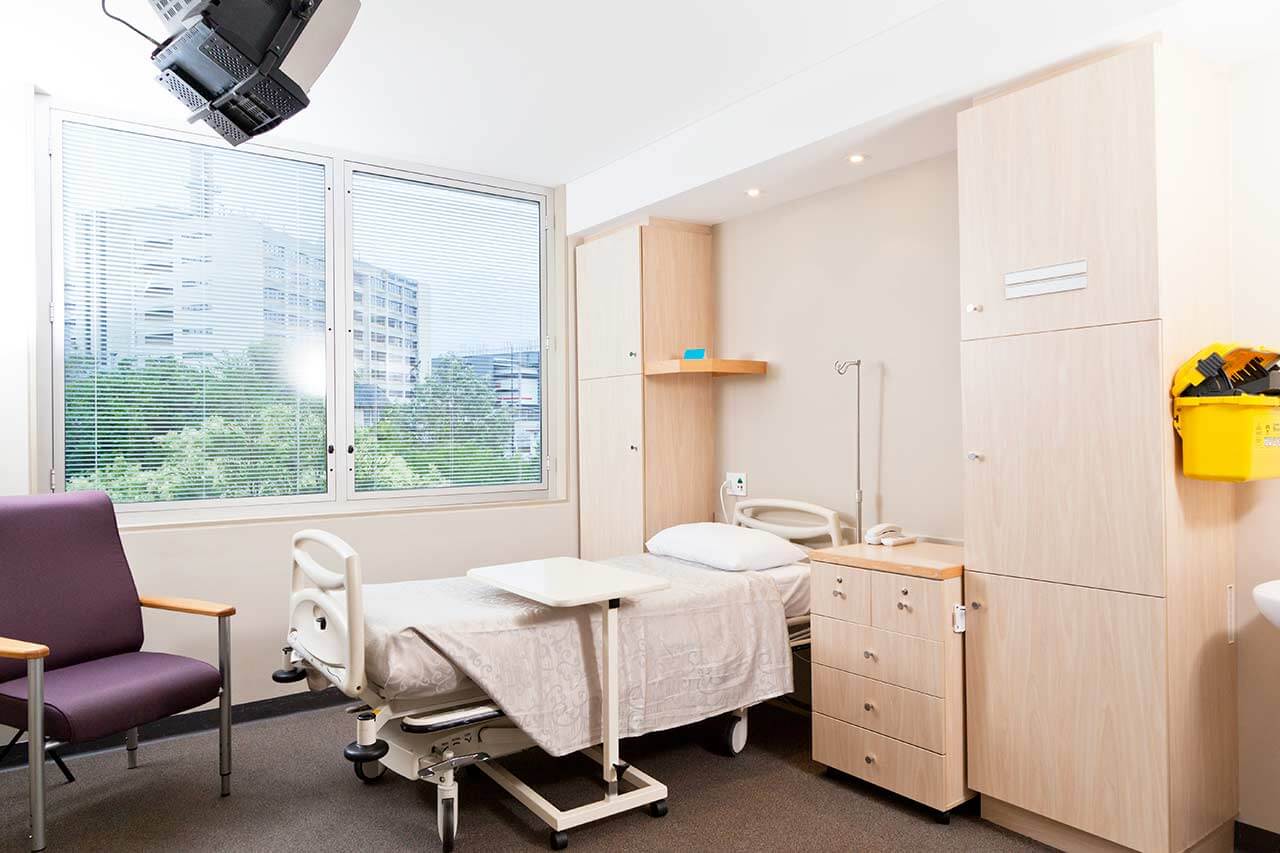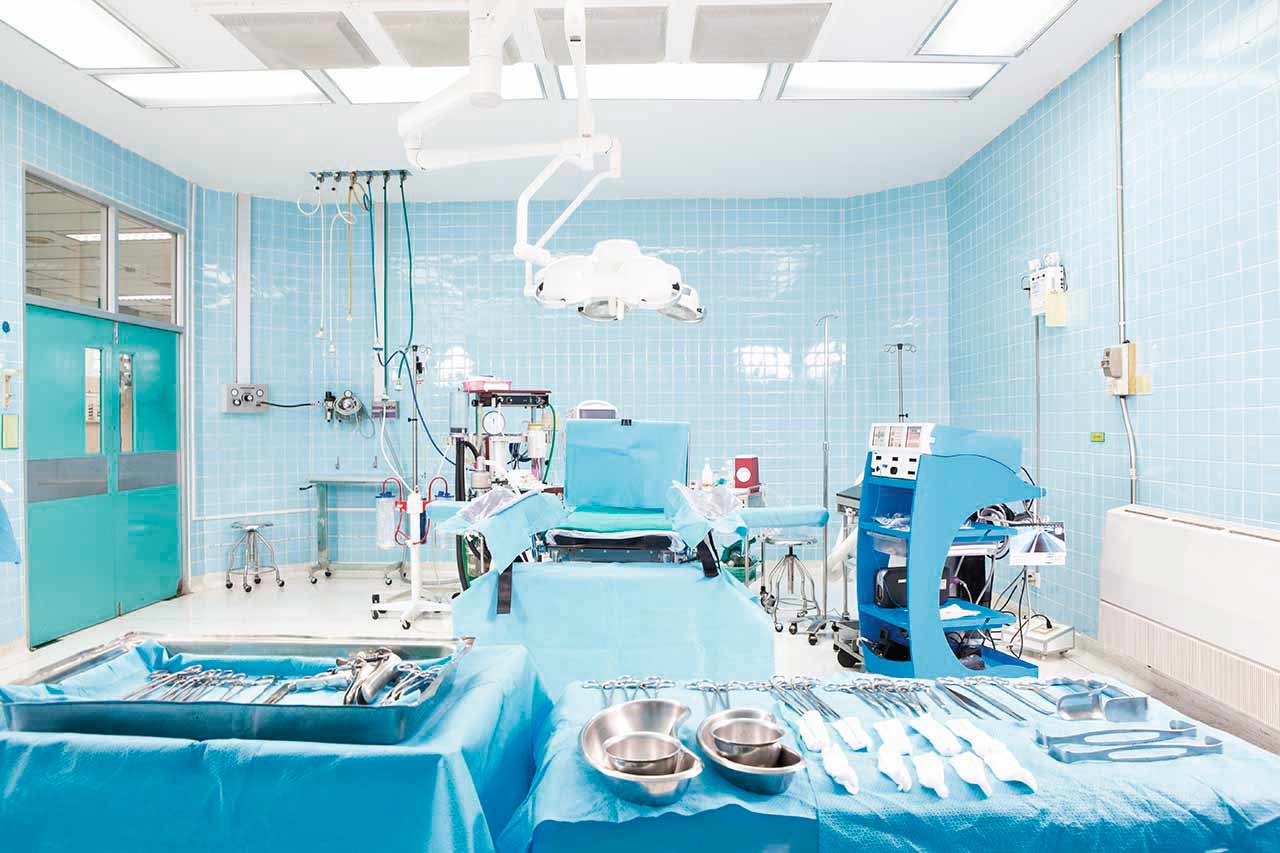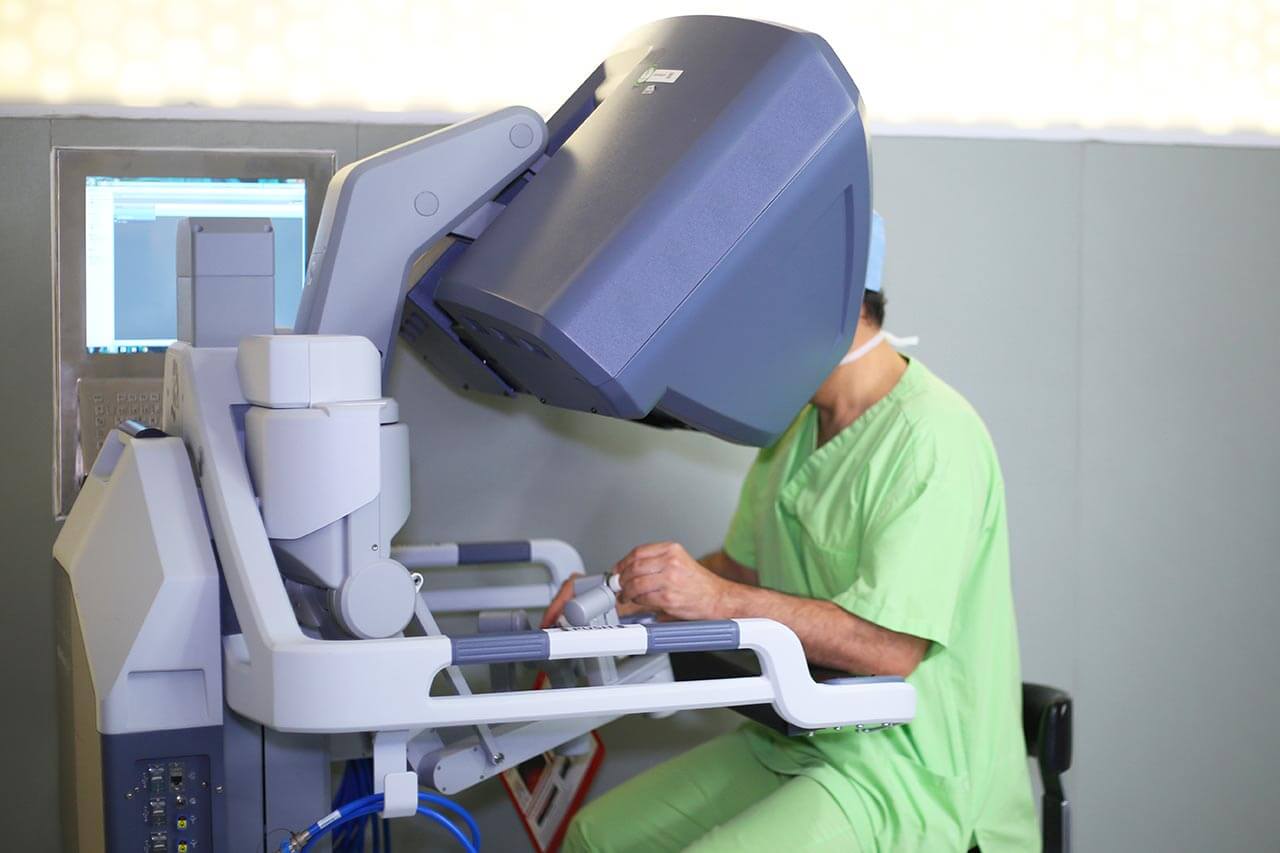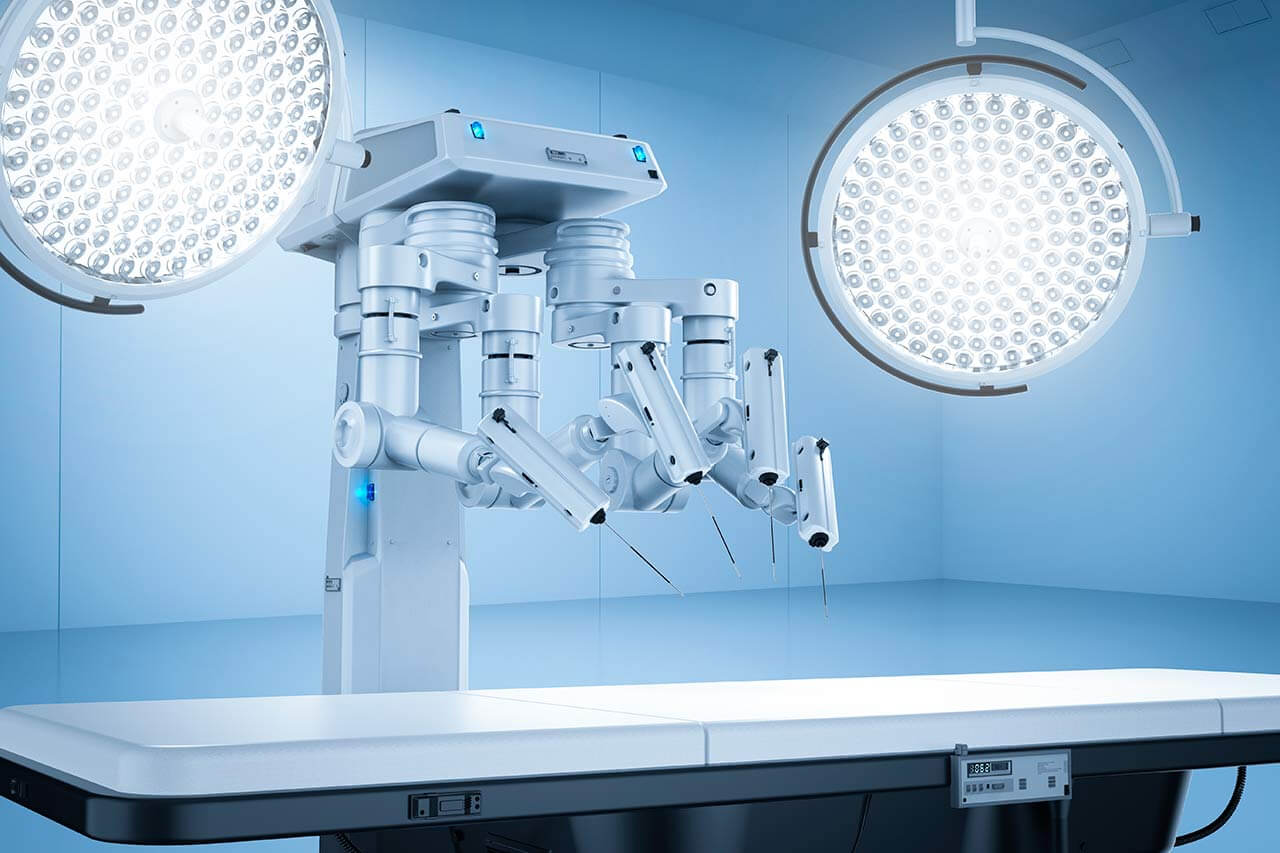
About the Department of Vascular and Endovascular Surgery at Asklepios Municipal Hospital Bad Wildungen
The Department of Vascular and Endovascular Surgery at the Asklepios Municipal Hospital Bad Wildungen provides modern treatment for all venous and arterial diseases, including circulatory disorders, aortic aneurysms and trophic ulcers on the legs. The priority clinical focus is on the treatment of stenosis of the arteries and veins with stent implantation. The diagnostics is performed using state-of-the-art medical equipment, while most of the diagnostic procedures are absolutely painless. The department's therapeutic offer includes sparing endovascular interventions, open surgery and hybrid surgical interventions – a combination of both surgical techniques. The department's surgeons have vast experience and excellent qualifications, which help them to successfully cope with vascular diseases of any complexity. The department is headed by Dr. med. Jörg Graefe.
Occlusive peripheral arterial disease is one of the most common vascular pathologies that the department's doctors have to deal with every day. In most cases, the cause of this pathology is atherosclerosis. Sometimes the disease can develop due to the traumatic injuries, inflammatory diseases and embolism. During the first consultation with the patient, the doctor listens carefully to his complaints, conducts a general clinical examination and, if an occlusive peripheral arterial disease is suspected, appoints some imaging tests, such as color duplex sonography or MRI angiography. Once the diagnosis is confirmed, the attending physician begins to develop the optimal treatment regimen. First of all, he takes into account the risk factors, which must be eliminated to prevent the progression of arterial stenosis, which carries a huge risk of amputation of the lower limb or the development of such life-threatening pathologies as heart attack or stroke. The patient needs lifestyle modification – smoking cessation, regular exercises and proper diet. If the patient has such diseases as diabetes mellitus, arterial hypertension and hypercholesterolemia (high blood cholesterol), they will be treated. If the pathology is detected in a patient at the advanced stage, most likely, he will need surgical treatment. The department successfully performs catheter interventions, balloon dilation and stent implantation to treat occlusive peripheral arterial disease.
The department's specialists also treat many patients with varicose veins. The pathology can affect veins in any area of the human body, but in 90% of cases, the disease develops on the lower limbs. The basis for the diagnostics of varicose veins is clinical examination and duplex sonography. To effectively eliminate the pathology at the initial stages, compression therapy with special compression stockings is sufficient. However, the advanced cases may require endovascular intervention. Open surgery for varicose vein treatment is performed very rarely.
The competence of the department's team of vascular surgeons also includes the treatment of carotid artery stenosis. The disease is quite serious because it can lead to stroke, which in many cases causes severe speech disorders and paralysis, and with failed qualified emergency care it can even lead to death. When treating carotid artery stenosis, the department's doctors give preference to endovascular techniques. Stent implantation (placement of a stent into the narrowed area of the artery) is one of the most modern and effective types of therapy for this pathology and is successfully performed in the department.
The department's key specialization includes endovascular and open surgical treatment of the following diseases:
- Occlusive peripheral arterial disease
- Varicose veins
- Carotid artery stenosis
- Trophic ulcers on the legs
- Diabetic foot syndrome
- Other diseases
Photo of the doctor: (c) Asklepios Kliniken GmbH





